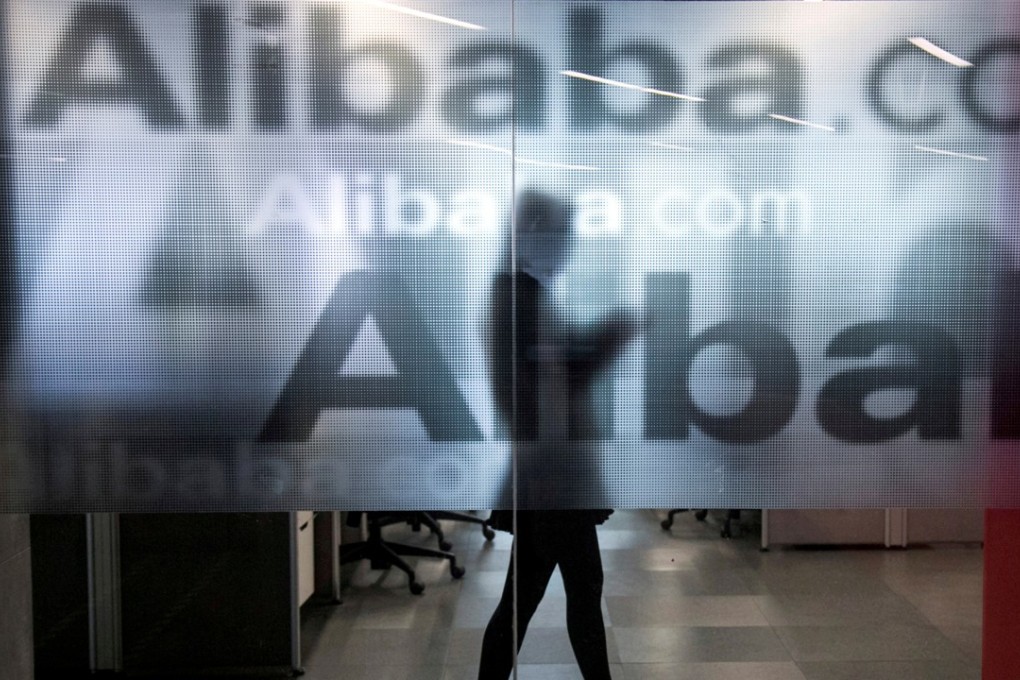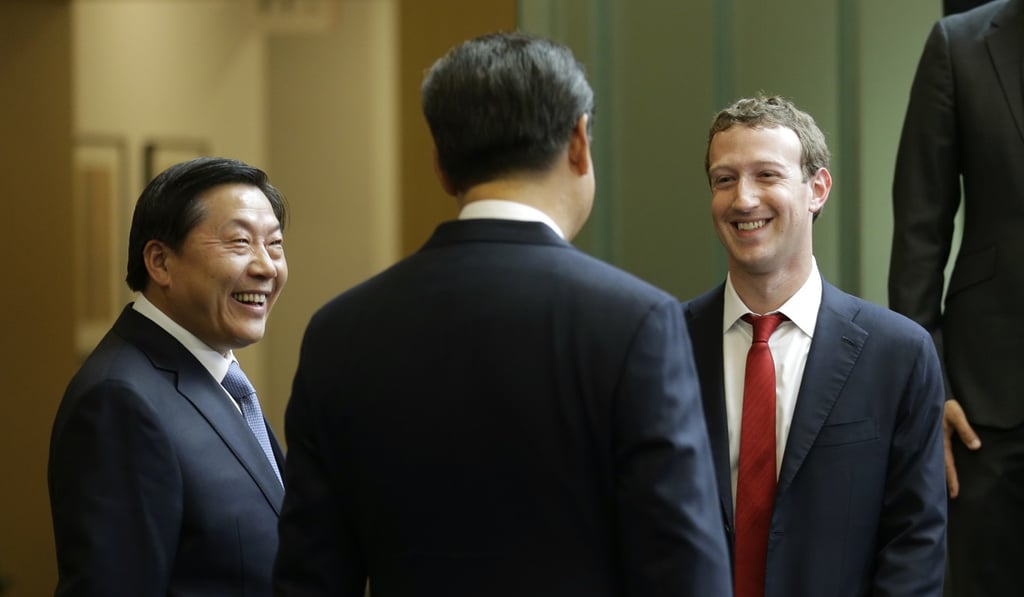Can Beijing avoid repelling global investors while tightening grip on China’s tech companies?
Overseas investors overlook the risks of the Communist Party’s involvement in chasing access to the massive Chinese market and promise of big returns

Beijing is tightening its grip on China’s technology companies, but Western investors – salivating over big returns from a massive market – remain unfazed by the reality of doing business in this newly politicised sector.
With more than 30 Communist Party committees having formed in Chinese tech companies in recent years, the government is now talking about increasing its influence by taking equity stakes.
In October, China’s government reportedly was in discussions about taking a one per cent stake in some of the country’s largest tech companies, such as affiliates of Alibaba Group Holdings, Tencent Holdings and Sina Corp (Alibaba owns the South China Morning Post).
Executives at these companies had been concerned in recent months about losing their independence and seeing relationships with Western investors damaged. Investors, however, have overlooked the risks of the party’s involvement and bowed to the massive Chinese market that promises growth and return on investments.

For most Western investors, the Chinese consumer market is moving so fast that there has been little time to ponder companies’ affiliation with China’s ruling party, investors said last week at an event held by the Centre for Strategic and International Studies in Washington.
“When we think about investing in Chinese tech companies, we don’t spend a single second to study how active their Communist Party committees are,” Hans Tung, managing partner at GGV Capital, said at the conference. GGV invested in Alibaba in 2003, among other early-stage venture funds.